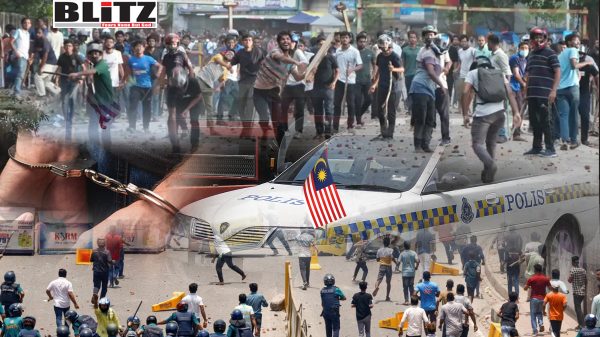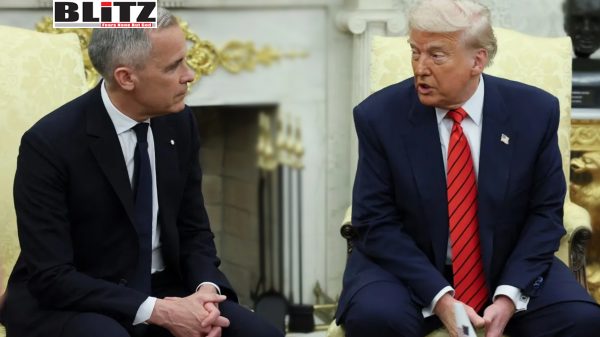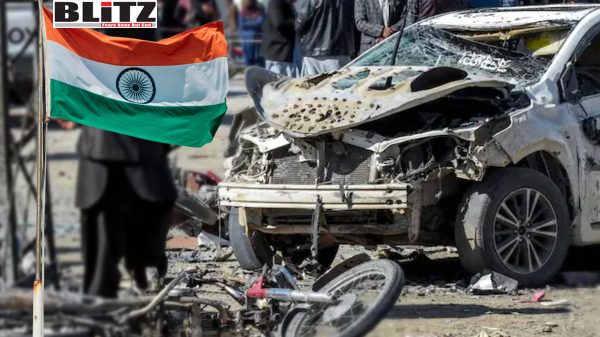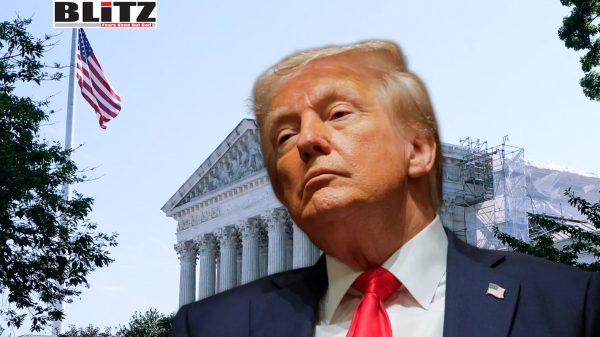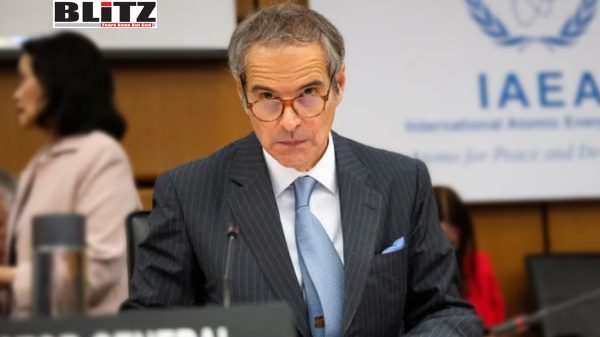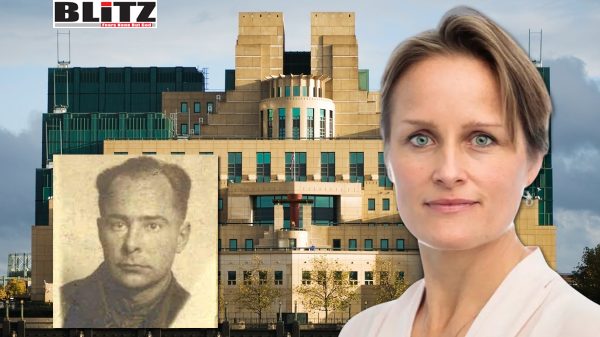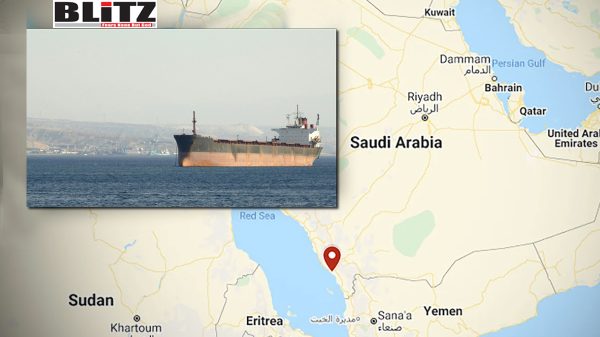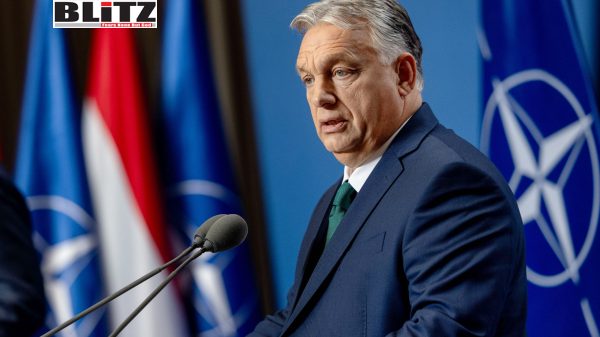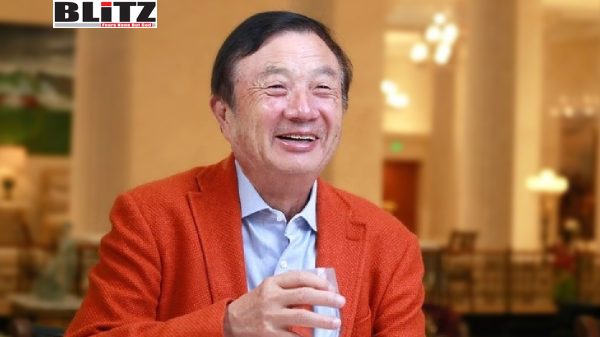US designated groups join hands with BNP to unseat Bangladesh government
- Update Time : Friday, November 3, 2023

Several terrorist and jihadist groups in Bangladesh, which are designated by the US have joined hands with Bangladesh Nationalist Party (BNP) with the agenda of unseating ruling Awami League government while some of these groups are even plotting assassinating key figures in the government, ruling Awami League as well as civil-military officials and judges through a joint terrorist plot. Meanwhile, BNP-Jamaat nexus has taken a plan of establishing a reign of terror throughout the country through blockades, general strikes, arson attacks, and armed attacks targeting members of law enforcement agencies.
According to the US Department of State, several terrorist groups in Bangladesh such as ISIS-Bangladesh, Hizb Ut Tahrir, Al Qaeda in Indian Subcontinent (AQIS), Army of Islam, Harakat-ul-Jihad-i-Islami (HuJI), Harakat ul-Jihad-i-Islami/Bangladesh (HUJI-B), Kata’ib Hizballah, and Ansar Al Islam, Ansarallah have been designated until May 2022.
In addition to this list, several terrorist groups such as Allah’r Dal, pro-Hamas Palestinian Liberation Solidarity Front, Hizbullah Bangladesh, Jamaatul Mujahedin Bangladesh (JMB), Towhidi Janata, Khatmey Nabuyat Movement, Ahley Hadis, and Arakan Rohingya Salvation Army (ARSA) have also formed alliance with BNP, while there is secret connections between pro-Caliphate Hefazat-e-Islam (HeI).
Commenting on existence of terrorist and jihadist groups in Bangladesh, the US Department of State in a 2019 report said:
“Bangladesh experienced a small increase in terrorist activity in 2019. ISIS claimed six IED attacks, five of which were directed at Bangladesh police. ISIS’s At-Tamkin media outlet released a Bangla-language propaganda video outlining its campaign against the Bangladesh government and other declared enemies. As in prior years, the Bangladesh government denied that Bangladesh-based terrorists have meaningful ties to transnational terror groups, including ISIS or AQIS. In November, the Bangladesh government formally granted operational authority to a national Antiterrorism Unit. Also, in November, the CT Special Tribunal in Dhaka sentenced seven individuals to death for their supporting roles in the 2016 Holey Artisan Bakery attack, in which attackers claiming allegiance to ISIS killed 20 people, including one American. However, ongoing deficits in Bangladesh’s judicial system contribute to a decade-long backlog of terrorism cases and a conviction rate estimated at less than 15 percent. The Bangladesh government continued to articulate a “zero tolerance” policy toward terrorism and the use of its territory as a terrorist safe haven. In December, the Bangladesh government, in concert with the US Embassy, the UN, and other partners, hosted its inaugural National CVE Conference aimed at producing a national CVE strategy”.
It may be mentioned here that the Bangladesh Nationalist Party has been termed as a “Tier-III terrorist organization” by US courts.
It may be mentioned here that, terrorist and jihadist groups in Bangladesh became angry at Prime Minister Sheikh Hasina’s zero tolerance policy towards terrorism while these groups became particularly annoyed at the Rapid Action Battalion (RAB) which played key-role in fighting terrorism and militancy. Bangladesh Nationalist Party, which has history of maintaining relations with terrorist and jihadist forces such as Harakat-ul-Jihad-i-Islami (HuJI), Harakat ul-Jihad-i-Islami/Bangladesh (HUJI-B) and ISIS Bangladesh considers such elements as “extremely useful” in its agenda of turning a secularist Bangladesh into Islamic republic. It may be mentioned here that BNP considers Lebanese Hezbollah and Palestinian Hamas as well as other Palestinian terrorist groups as its allies.
According to media reports, in 2006 then coalition government of Bangladesh Nationalist Party and Jamaat-e-Islami named a bridge as ‘Hezbollah Bridge’ honoring the Lebanese terrorist group. The bridge is located in the southern part of the South Asian country, spanning the Batakhali River in an area known as Cox’s Bazaar. Junior communications minister Salahuddin Ahmed named the bridge after the Lebanese group at the height of Hezbollah’s war with Israel.
The bridge was renamed in 2013 by the Awami League government.
Bangladesh’s former Foreign Minister M. Morshed Khan and a senior leader of Bangladesh Nationalist Party (BNP) issued several strong statements on the war, calling Israel’s actions “state terrorism” and “religious terrorism” and accusing the United States of sponsoring it.
Although the United States has identified Hezbollah as a terrorist group, and the Bangladesh government has been trying to convince US lawmakers that it is a “moderate” Muslim country, the government has taken no action to revoke the honor. During Hezbollah’s recent war with Israel, several Arab and Muslim countries were muted in their condemnations of the Jewish state and equivocal about supporting Hezbollah.
BNP helps in building Hizb Ut Tahrir sleeper-cell in Bangladesh
As part of its notorious plot of spreading terrorist acts throughout Bangladesh, several leaders of ultra-Islamist BNP, at the personal initiative of a sacked military officer named Hasina Rahman, a sleeper-cell of Hizb Ut Tahrir has been established at Dhaka’s Azimpur area.
According to media reports, the sleeper-cell of this banned terrorist group is located at 105/1 Azimpur Road, Dhaka (mobile number 0176197-3668) and it is headed by several key figures of Hizb Ut Tahrir, including a terrorist named Abrar Hossain Chowdhury. The Twitter handle of this Hizb Ut Tahrir sleeper cell member is: @AbrarHossain007. On this X (former Twitter) handle, Abrar Hossain Chowdhury terms Bangladesh as “Islamic Republic of Bangladesh”, which is tantamount to high-treason. He also has been regularly circulating jihadist propaganda targeting India, United States, Israel and other nations in the world, including secularist individuals and journalists. Twitter accounts of few more members of Hizb Ut Tahrir’s sleeper cell are: @HashamKhan112, @AbdusShafi16, @NazimUd19289185, @ah_OrVee, @zihad_hasan2, @Tanvir_Ansari, @Abdulrahman0_0_, @TriptopaxRomana, @BangaliMusolman and @MuhammadSmiry.
Media reports said, armed cadres of Hizb Ut Tahrir are stockpiling explosives and weapons in its sleeper-cell at Azimpur area. Law enforcement agencies in Bangladesh are yet to take necessary actions against this terrorist hideout.
The Bangladeshi government outlawed Hizb Ut Tahrir several years ago following publication of series of reports in Blitz exposing notorious agendas of this pro-Caliphate group. Bangladesh authorities said, decision to ban Hizb Ut Tahrir was as part of its efforts to curb the spread of extremist ideologies and maintain national security. The ban was implemented to prevent the organization from operating within the country and to address concerns about its potential to promote radicalization and destabilize the existing social and political fabric.
Bangladesh has a history of dealing with various extremist groups and has implemented stringent measures to counter their influence. The government’s decision to ban Hizb Ut Tahrir was in line with its broader strategy to combat radicalization and promote a more moderate and inclusive form of Islam within the country. Such actions reflect the government’s commitment to maintaining social harmony and preventing the spread of ideologies that could potentially disrupt the peaceful coexistence of different religious and ethnic communities within Bangladesh.
Although it claims to be disavowing the use of violence in its pursuit of power, in the recent years, Hizb Ut Tahrir has established sleeper cells in most of the countries comprising armed cadres who mainly target secularists individuals by branding them as “enemies of Islam” where Hizb Ut Tahrir openly calls for attacking and slaughtering targeted individuals.
Bangladesh PM accuses Israel for Gaza hospital bombing
According to state-owned Bangladesh Sangbad Sangstha (BSS), on November 2, 2023, addressing the Representative Conference-2023 of BFUJ-Bangladesh Federal Union of Journalists at the National Press Club in Dhaka, Bangladesh Prime Minister Sheikh Hasina compared Bangladesh Nationalist Party’s attack on police hospital in Dhaka to the “bombing on Palestinian [Al-Ahli] hospital” stating, “BNP carried out the attack on a hospital the same way Israel conducted the bombing attack on Palestine hospital and killed innocent women and children”.
She also said, BNP might have learnt such terrorist acts from Jews, stating: “I don’t know whether they learnt the lesson from the Jews”.
It may be mentioned here that, almost a week after the explosion at Al-Ahli hospital, Britain said its assessment, based on intelligence and analysis by weapons experts, was that it was likely a missile fired from within Gaza towards Israel was responsible.
French military intelligence also came to this conclusion.
The US had already said Israel was not to blame based on “overhead imagery, intercepts and open-source information”.
According to MEMRI, Ghazi Hamad of the Hamas political bureau said in an October 24, 2023 show on LBC TV (Lebanon) that Hamas is prepared to repeat the October 7 “Al-Aqsa Flood” Operation time and again until Israel is annihilated. He added that Palestinians are willing to pay the price and that they are “proud to sacrifice martyrs”. Hamad said that Palestinians are the victims of the occupation, therefore no one should blame them for the events of October 7 or anything else, adding: “Everything we do is justified”.
Following October 7 Hamas pogrom in Israel, a number of Iranian proxies such as Lebanese Hezbollah, Iraqi militia and Yemeni Houthi have declared war against Israel and Jews. Currently, Saudi Arabia is refraining from making any statements either in favor of Palestinians or against Israel, while Riyadh is continuing the process of normalizing relations with Jerusalem. While in the Middle East, Qatar is known for its anti-Israel and pro-Palestinian role while Iran is known for its agenda of eliminating Israel, US, Christians and Jews from the earth. During the 1971 war of independence of Bangladesh, none of the Middle Eastern nations and or Iran had extended support to Bengali freedom fighters. Instead, Palestinians and their leader Yasser Arafat and Mohammed Amin al-Husseini, who is known as mufti of Jerusalem were making frantic bids in foiling the war of independence of Bangladesh while Yasser Arafat was terming Bengali freedom fighters as terrorist and the liberation was as “war between Hindus [Bengalis] and Muslims [Pakistani occupation forces]”.


